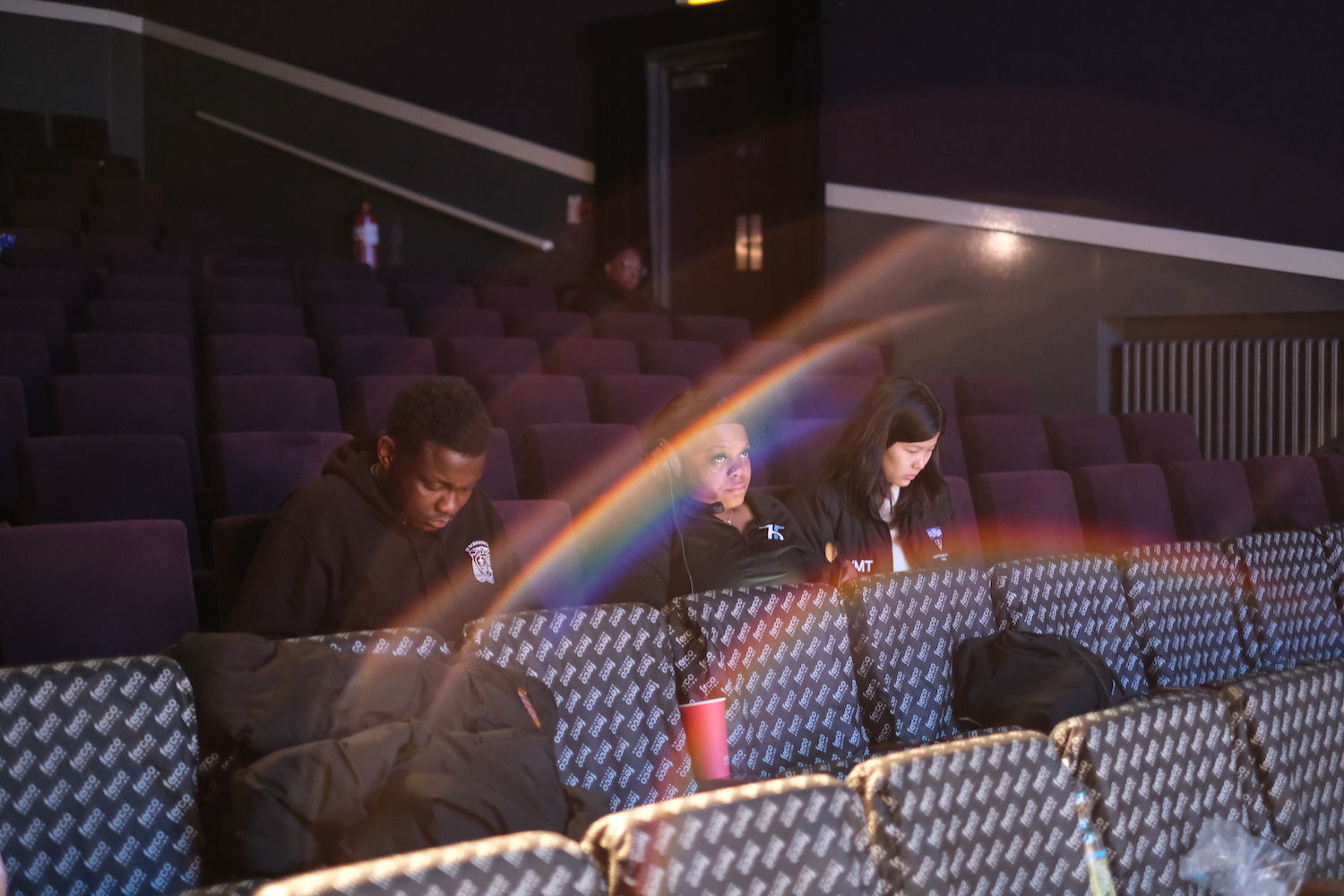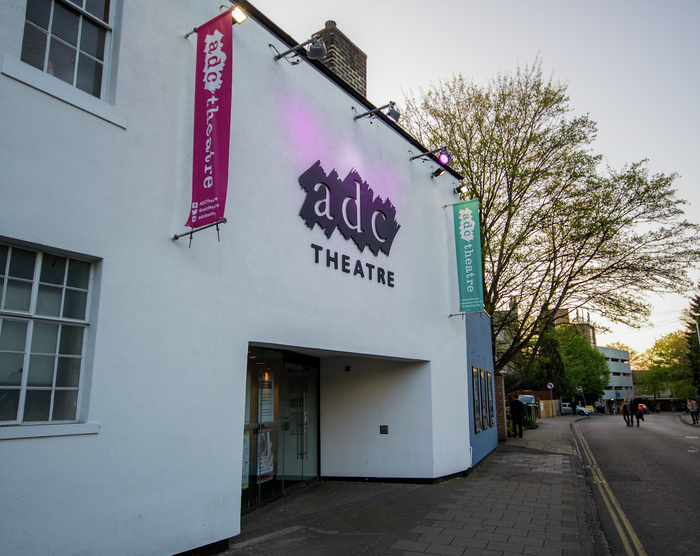In 2017, more than half a decade ago, Varsity published a trio of articles exploring the state of racial equality in the Cambridge theatre scene. It looked at Cambridge as a place in which many of the inequalities present in the professional theatre world are born, brewed and represented. Six years on, has anything changed?
Among the BME members of the student theatre scene who I interviewed, everyone expressed a sense of indefinable discomfort. Though everyone was keen to emphasise how wonderful they’ve found individual productions, they all mentioned a hyperawareness of their position as people of colour, and the ways it interacts with every aspect of their theatre experience, from fears of tokenisation, to concerns about audition panels, to worrying about representing their ethnic background as well as possible every time they step on stage.
“No one who’s a white person in Cambridge theatre has to do that,” affirms Naomi Obeng while we discuss this constant pressure of being ‘representation’ on stage. Writer of the original set of articles, Naomi is now a playwright and critic, and she agreed to give me an interview with the insight her professional practice and distance from the somewhat all-consuming Cambridge theatre world has given her. “It imposes work on people,” she continues. Irisa Kwok, Cambridge student actor, expressed it very neatly: “it’s like being an ambassador, but you can’t opt out.”
This seems to be, at least in part, an issue with the way we perceive our audiences. “If you come at it from the gaze of the other, you’re always going to be explaining yourself for white people in the audience,” explains Naomi. This year’s theatre output has more than proved that it’s possible to avoid this, with BME Shakespeare’s Twelfth Night giving us an unapologetic, unselfconscious look at a theatre scene in which people of colour can inhabit a racialised space with no pressure and no othering. “It has such a loving vibe. It feels somehow low stakes, and works as an amazing stepping stone,” says Ebenezer Boakye, who played Malvolio. Indeed, it seems this particular space has hit a sweet spot for increasing representation, with its production manager Rishi Sharma pointing out that often the cast and crew of Lent term’s BME Shakespeare, even those who enter with no credits, will be the producers, directors and stars of Easter and Michaelmas.
“You’re always aware that the only reason this space exists is because the other ones won’t. You’re always justifying your existence, always performing”
But even BME Shakespeare has a tenuous line to walk. “The name itself can add pressure,” says Naomi, “because you’re always aware that the only reason this space exists is because the other ones won’t. You’re always justifying your existence, always performing.” And though the show was full of joy, it was also accompanied by a sense of political responsibility and purpose that whiter shows simply don’t have to carry, knowing that behind the smiles and laughs is a fight to get more ethnic minorities included. “Lumping everyone in together has obvious pitfalls, as does saying ‘OK, this is the BME show now’,” says Rishi, “but the show has positive and exciting impacts.”
One almost gets a sense that a space which used to exist to allow BME students their own space to enjoy each other’s company has been converted into a battle ground, and that students have to accept the slightly fetishistic feeling of billing themselves solely as ‘other’ in the service of a higher goal which they’re never allowed to lose sight of.
And what does that say about the spaces theatre-makers of colour are fighting back against? “It reflects the real industry, and it’s worrying. I don’t think students have bad intentions, but where does all this come from?” asks Kwok. She feels production teams could do with interrogating their internal biases, but that they don’t have the tools, the training or the time. Equally, she feels there isn’t enough of a conversation around race on a global axis, and a lack of consciousness on international issues and identities. Indeed, Rishi tells me that international students are desperately underrepresented on the Cambridge stage, despite incredible productions like Stitches, which was put on in Cantonese with subtitles, and Fallen Flowers, which interweaved Chinese folklore, showcasing incredibly strong performances. Accent-based discrimination seems to be an under-discussed and pressing issue on audition panels, as does general treatment of international students, with Kwok highlighting the insidious nature of comments on “having the look” for various characters, and the troubling implications of using actors of colour to code characters for edginess, otherness or lack of innocence. Though CUADC has a long document on “race-conscious” casting, it seems casting remains a highly ambiguous process that struggles to walk the line between creating un-diverse shows that don’t offer actors of colour enough chances, or tokenising them, advising that, in cases of a dead heat, shows should always opt for ethnic minority or visibly disabled actors.
“It seems casting remains a highly ambiguous process that struggles to walk the line between creating un-diverse shows that don’t offer actors of colour enough chances, or tokenising them”
Beyond concerns about tokenisation, advice about how to include more actors of colour clearly signals a belief that most plays getting put on will be white-written plays with traditionally all-white casts, rather than stories by and about people of colour, in which racially diverse casting would be much less of an issue. “My best guess would be that there is a pretty historic reputation of Cambridge Theatre productions lacking diversity, frequently having the same kinds of traditional playwrights and narratives, which often becomes repetitive and focuses on a very Westernised and white perspective,” affirms Qawiiah Bisiriyu, who is an actor, producer and co-president of the Marlowe Society, among myriad other things. Ebenezer agrees with her: “it’s not like it [POC-written, POC-acted shows] isn’t happening,” he says, citing shows like 2022’s The Chair and also The Melanin Monologues, “but it would be nice to see a more consistent presence.”
Without exception, everyone I interviewed talked about the all-too-common experience of being the only person of colour in a room. Despite the genuinely valiant efforts on the part of many members of the community to improve equality of opportunity on a racial basis, being the only ethnic minority in a sea of white voices still a fact of life for many.
Naomi’s series of articles ended on a rallying call – and so will mine. In the second half of my investigation, I will return with a bevy of suggestions for widening access and participation, taken from members of the theatre community. So, if you’ve noticed the problem, I hope you’ll return ready to be part of the solution.


